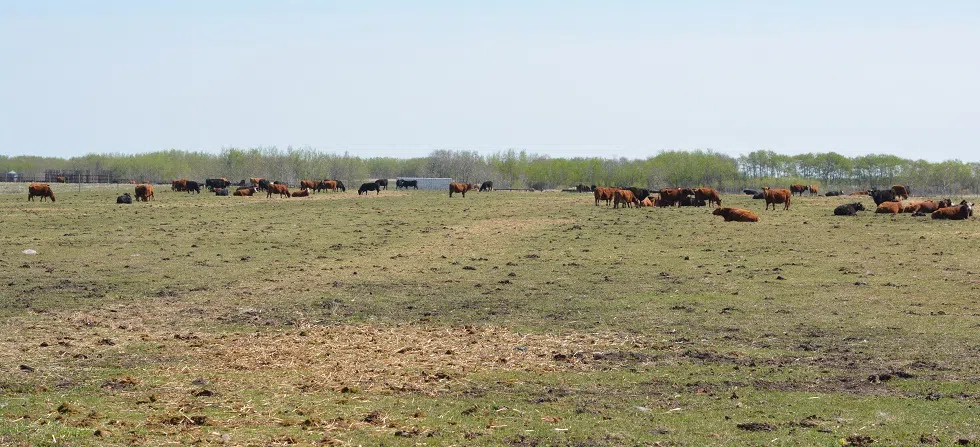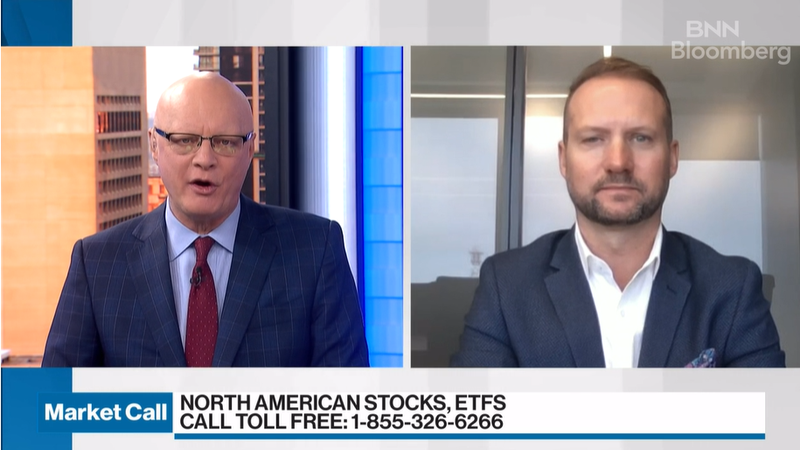
M.L primary beef producer says Earls’ decision to source American beef is just marketing ploy
The recent decision by Earls to source their beef from a certified humane operation in the United States has caused quite a backlash but a Meadow Lake primary cattle producer called the industry move ‘smoke and mirrors’ which won’t affect the Canadian beef industry.
Steven Pylot said Earls’ decision is based on a marketing program to serve certified humane beef.
“It probably has little to do with the way in which animals are raised and handled (in Canada),” he said. “They are looking for a branded product in which they can roll out into their marketing program. I haven’t seen nor heard anywhere that the consumer has asked for this. I think it’s more Earls staff and their board that has decided this is the way they want to market stuff at their restaurants,” Pylot said.
Pylot added there is nothing wrong with the way Canadian beef is sourced; the decision from Earls is based on a Certified Humane policy which differs only in some wording used.


